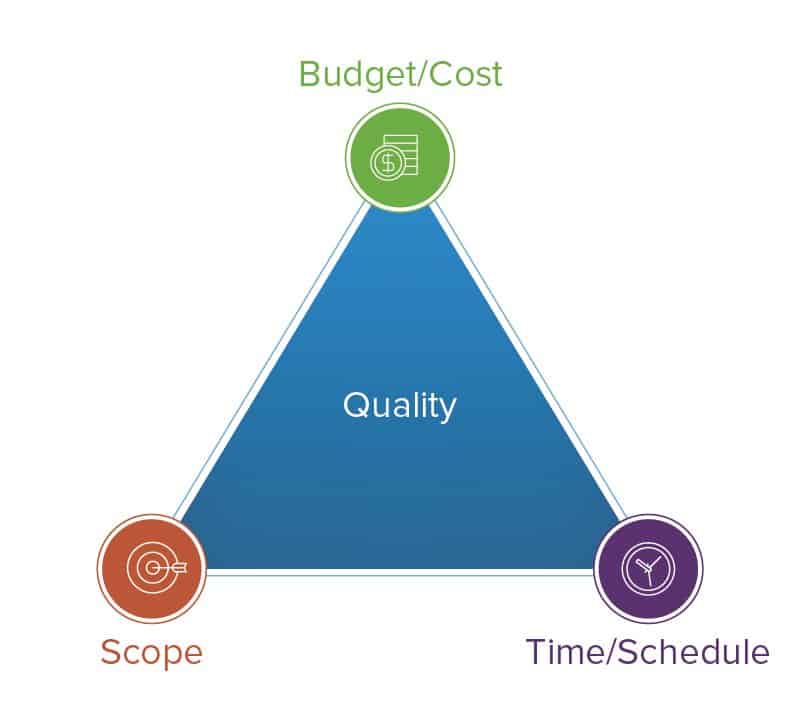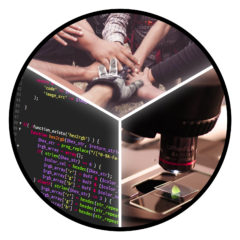In creating art, there is one technique that always attracts attention. That is setting up artificial limitations or restriction to the process.
In writing, there is whole zoo of techniques or challenges (see wiki and TV Tropes articles) that aspiring artist can borrow from. In movies, one can try to make a film using a single continuous shot (Russian Ark) or only using natural light (even indoors, see Barry Lyndon).

In software development one successful artificial constrained that comes to mind is 10+ Deploys per Day at Flickr that contributed to the launch of DevOps culture.
In cooking we have Plating Carrot in One Minute or dinner under $10. We have challenges of finishing game in least amount of time or beating games blindfolded. In programming we can try to implement algorithm with the least amount of bytes or program while drunk.
All these attempts at meeting strict restrictions (apart from being artistic goal) lead to generation of very creative solutions. When used as an exercise, this approach attempts to artificially limit most crucial resources, or resources we are bad at managing. You can’t finish project in a month? Try one day! Always over monthly budget? Here is $50 / $100 / $150 for a week of groceries.
In science we’ve seen several examples of setting up artificial constraints. Comes to mind: 3 Minute Thesis, 72 hour science, and 3 year PhD thesis (don’t take that one too seriously).
All these examples teach us valuable skills of time and resource management, allow us to get better at scope definition, and help understand what is slowing us down.
To work through the problem, force your process to be starved for key resource. The approach is to pick something that feels the most painful, and try to aim for it. You can only pick things you control (no “10 Science papers a year” but “10 co-authorships a year” is doable). In academics it is most likely going to be time.

You will have to sacrifice some things: either pay more, or aim for lesser scientific achievement. But amount of information and training you’ll gain might be well worth it.
Updated on March 19, 2020:
As the world struggles through COVID-19, many labs are struggling with shut-downs, order to work from home, terrible expectations with salaries and funding, and more.
This is an opportunity. Not to out-work your competition. But to re-evaluate process, goals, and human aspect of the research. Each lab get an opportunity to take a break with daily grind, reset the clock, and establish new policies and management procedures.
It can start with reducing amount of meetings, increasing quality of meetings, increasing amount of written communications, establishing proper project management, re-evaluating one-on-one meetings between staff and PIs, write down as much protocols as possible, get better at presenting.
It should not be just “do your best” but an opportunity for meta-discussion. We shouldn’t just “write”, but we should talk about how to write, and how to write better. Same for presentations. Same for lab management. Same for being a PI.

